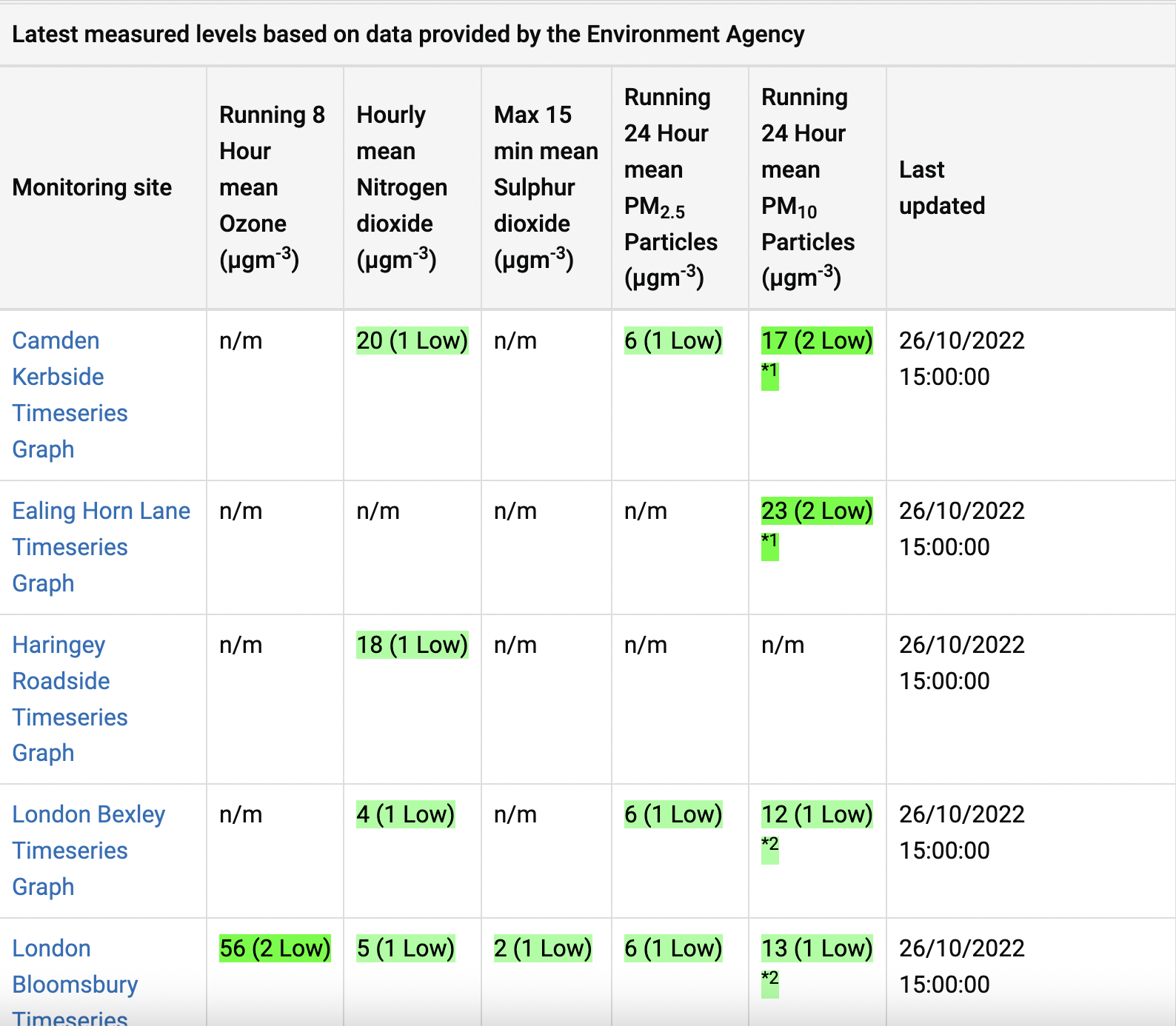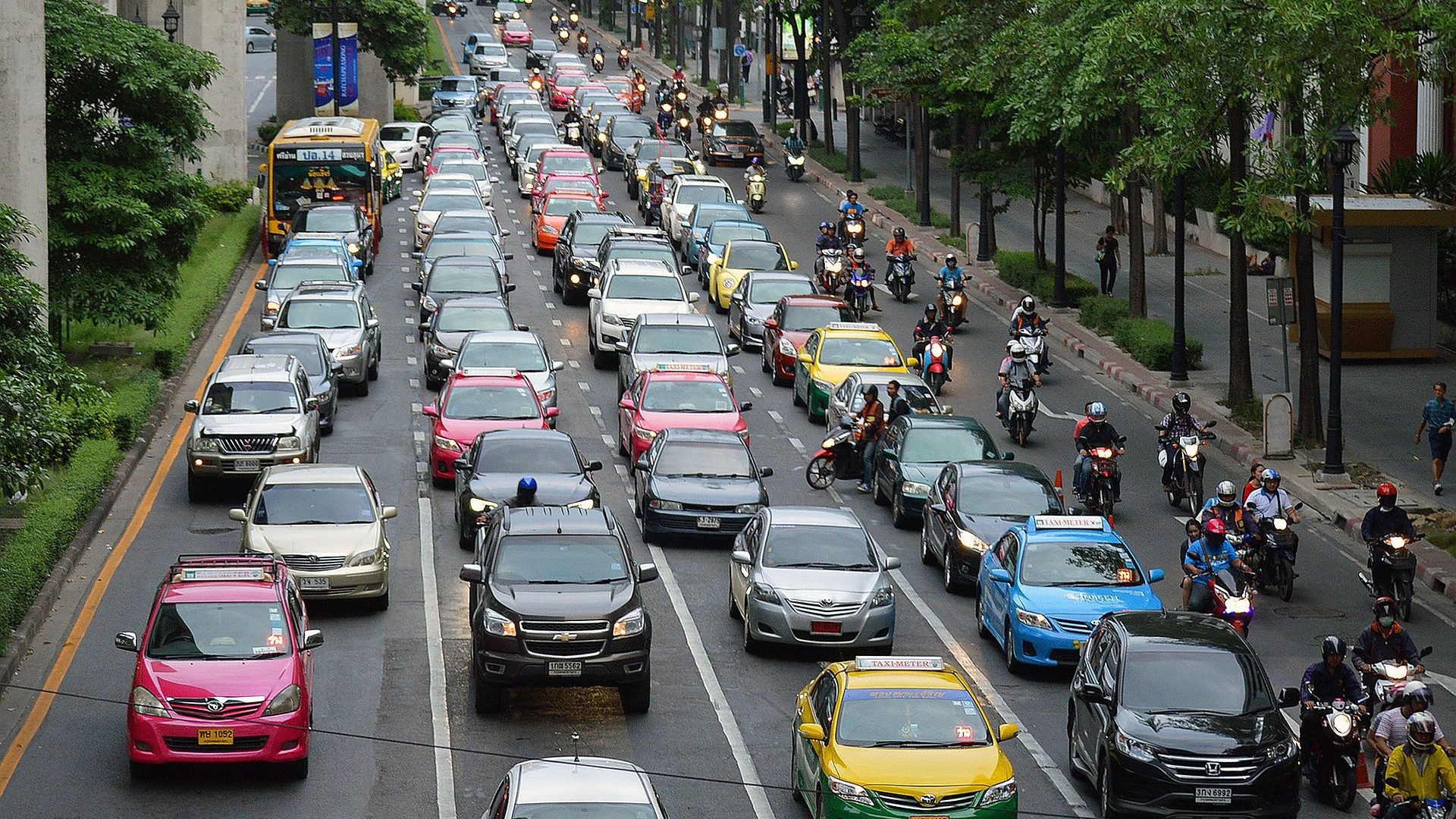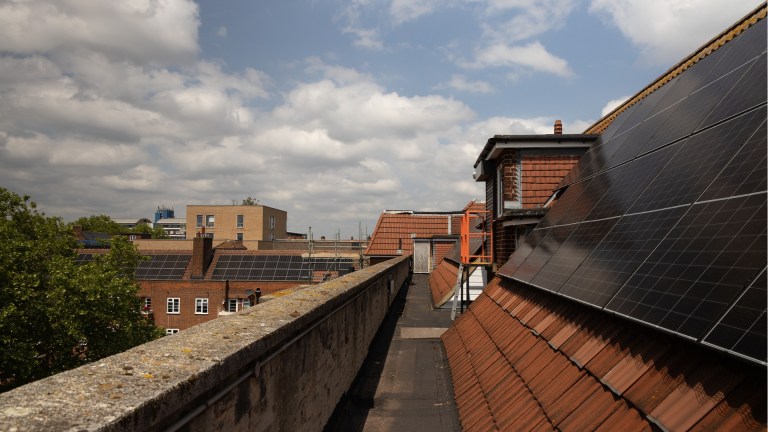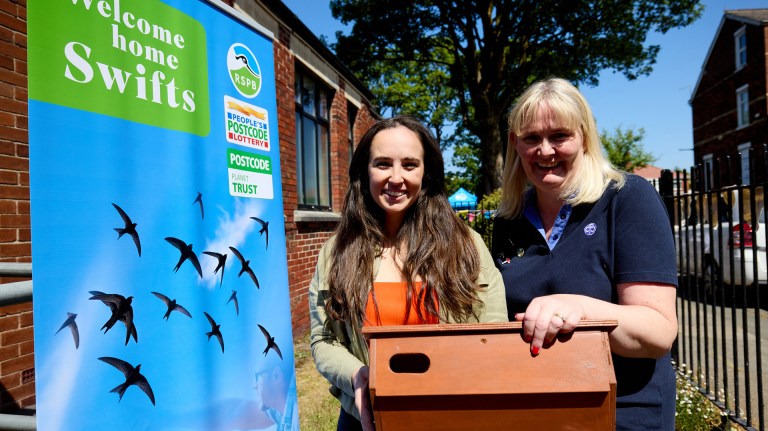As it stands, four out of the five 2030 emissions targets set by the government will not be met, the PAC said. The government was in September due to publish an update to its National Air Pollution Control Programme setting out how it will meet those targets, but that has yet to materialise.
MPs said when it does arrive it “must be robust and realistic enough to ensure that targets are met”.
They added: “Past action to tackle local breaches of air quality limits has fallen significantly behind schedule, and similar delays at the national level would mean targets being missed.”
The report states that meeting the targets will require action beyond the transport sector, such as reducing wood-burning which accounts for a quarter of fine particulate matter emissions and addressing the use of ammonia in farming, with the sector responsible for 87 per cent of ammonia emissions.
The Department for Environment, Food and Rural Affairs said in response to the PAC report that it recognised the “need to go further”.
Get the latest news and insight into how the Big Issue magazine is made by signing up for the Inside Big Issue newsletter
Advertising helps fund Big Issue’s mission to end poverty
MPs also found progress on addressing illegal levels of nitrogen dioxide pollution in 64 council areas and 31 sections of motorway and major A roads has been “slower than expected”. The project, launched in 2017, was expected to take three years or less. But as of April this year 17 councils have still not put in adequate measures and most “do not have a firm completion date”.
Commenting on the report, MP Meg Hillier, chair of the Public Accounts Committee, referenced the landmark ruling that found air pollution contributed to the death of nine-year-old Ella Adoo-Kissi-Debrah from a fatal asthma attack.
She said: “A coroner who found air pollution was material in the death of a little girl who lived near London’s South Circular Road called for legal limits to be lowered, saying there is ‘no safe level of particulate matter’ in the air. But current legal limits are regularly being exceeded and the public are not getting enough information about these dangerous breaches to adapt their behaviour in order to protect their health.”
The PAC said tackling air pollution requires councils and the government to work together to raise awareness of the dangers and that this was not happening. The report states that in some cases the government has been prescriptive “while seeming to avoid responsibilities that naturally sit at a national level in others”.
“The lack of a coordinated central communications campaign means that activities by local authorities are not supported by a strong national message about the need for air quality measures,” MPs said.
They called on the government to roll out an awareness campaign providing a “strong national message” about the need for air quality measures.
Advertising helps fund Big Issue’s mission to end poverty
Councils should also be given more of a say when it comes to what those measures are, MPs said, after some authorities reported the government’s Joint Air Quality Unit was “inflexible” and lacked understanding of local politics, placing too much emphasis on clean air zones (CAZs) instead of more tailored solutions.
The PAC also found the government doesn’t know how much public money is spent on addressing air quality, which “does not suggest the integrated approach necessary to tackle this potentially deadly issue”.
A Defra spokesperson said: “We welcome this report from the Public Accounts Committee which recognises the challenges that we face in delivering improved air quality.
“Air pollution at a national level continues to reduce significantly, with nitrogen oxide levels down by 44% since 2010, but we recognise that we need to go further.
“We will carefully consider the committee’s recommendations, with our formal response to be published in December.”











